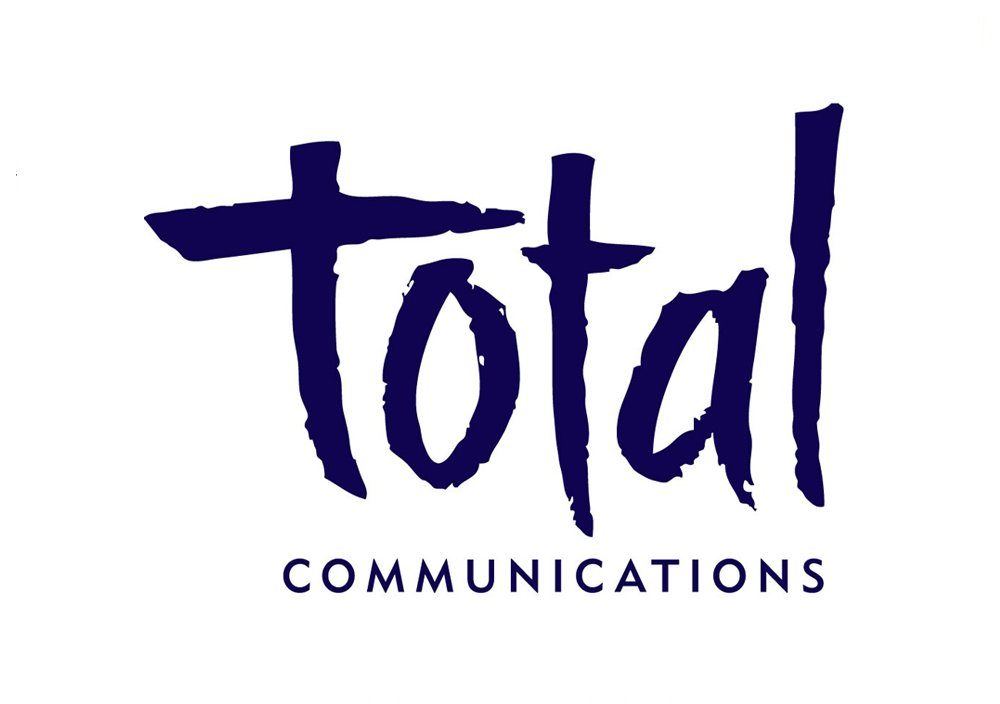Mark Twain once famously said that rumours of his death had been greatly exaggerated.
It followed speculation that he’d been gravely ill, and I sense a need to issue a similar reassurance on behalf of the much maligned press release.
Far from being terminally ill or deceased, the press release is in very good health, now an increasingly important PR tool with multiple applications in the digital world.
For starters, it puts a company, a brand, a product, a service, an event into proper perspective.
It contains important information and carries key messages which give the subject an individual identity.
Once written, it has multiple functions:
· generating immediate online or print exposure
· persuading journalists to write their own story on the subject
· influencing media to use the source for input into future sector coverage
· entering media diaries for upcoming event coverage
· shaping social media content
· designing blog posts
· sculpting audio commentary
· modelling video scripts
· directing marketing campaigns
· developing spokesperson messages
A former client once turned to an international agency to handle a big event.
They returned three months later after the agency failed to produce anything which put the event into perspective.
Underestimated maybe, or a little misunderstood, but don’t let anyone kid you that the press release is dead.










